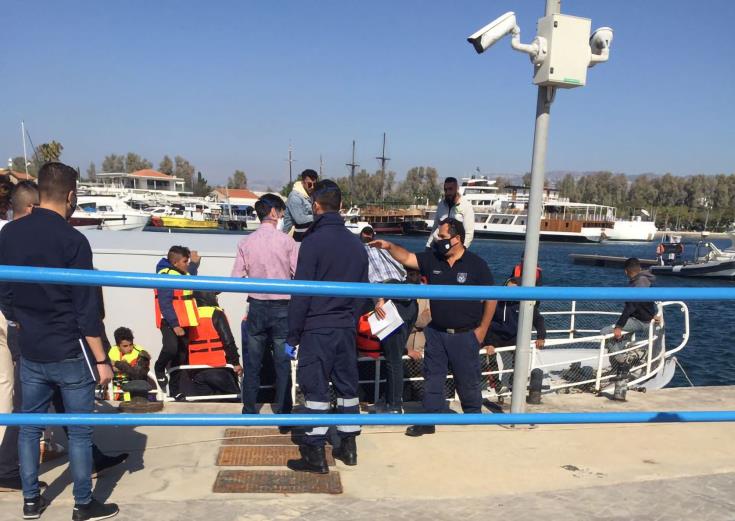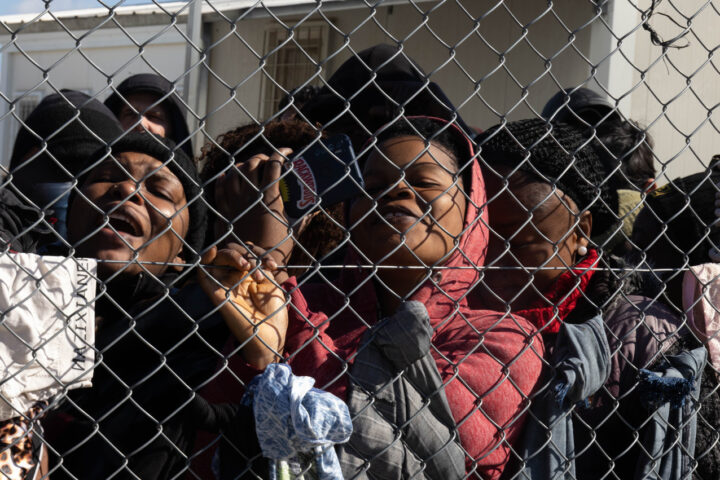Despite reports that migrant flows through the Turkish-occupied north are decreasing, arrivals by sea are rising, as authorities report a 60% increase in the first five months compared to last year.
According to the Aliens and Immigration Unit, most irregular migrants arriving by sea come on boats from Syria and are usually located off Cape Greco in Ayia Napa.
Data from the authority, provided to Phileleftheros daily, reveal that since the start of the year, some 396 migrants arrived by boats from Syria, including 41 women and 89 children aboard 19 boats (nine in the last month).
In the same period last year, 246 migrants from Syria made their way to the island on 14 boats.
Quoting the deputy commander of the immigration unit, Petros Zenios, Phileleftheros said the majority of migrants arrive on small wooden boats.
According to Zenios, all boats depart from areas of the Syrian city of Tartus, with the fare ranging from $2,000 to $6,000 for each migrant.
“Once the boats are located, search and rescue procedures are followed.
“The boats are taken either to Ayia Napa marina or to the Golden Coast fishing shelter, and from there, the migrants are transferred to the Pournara reception centre,” said Zenios.
Cyprus has a cooperation deal with Lebanon from which there are no longer any flows, but due to the ongoing war in Syria, the same practice cannot be followed.
“Lebanon inspects its waters; that is why we no longer have arrivals of migrants from the country.
“However, this is not the same for Syrian waters, as the country is effectively a war zone”.
He argued that state services are trying to combat the factors that attract immigrants to Cyprus, “such as illegal employment, the long period it takes authorities to examine asylum applications and the increase in repatriation cases”.
Last week Interior Minister Constantinos Ioannou welcomed an agreement to create an EU solidarity mechanism for asylum seekers.
The institution of the mandatory solidarity mechanism towards frontline states, done voluntarily, is seen as a major breakthrough by the Republic.
The arrangements include provision for the re-allocation of third-country nationals to other member states, based on numbers to be drawn up by the European Commission, or the provision of financial and logistical support.
Cyprus has long argued that it is on the frontline of the bloc’s irregular migration flows through the Mediterranean.
The government claims asylum-seekers comprise an EU high of 5% of the island’s 915,000 people in the Republic – a record figure across the EU.










